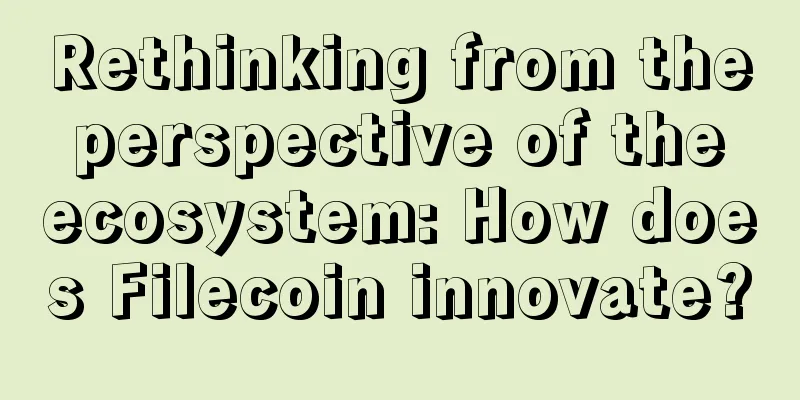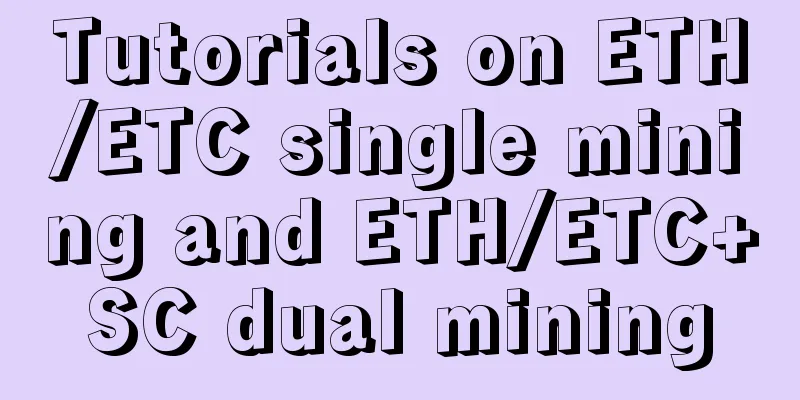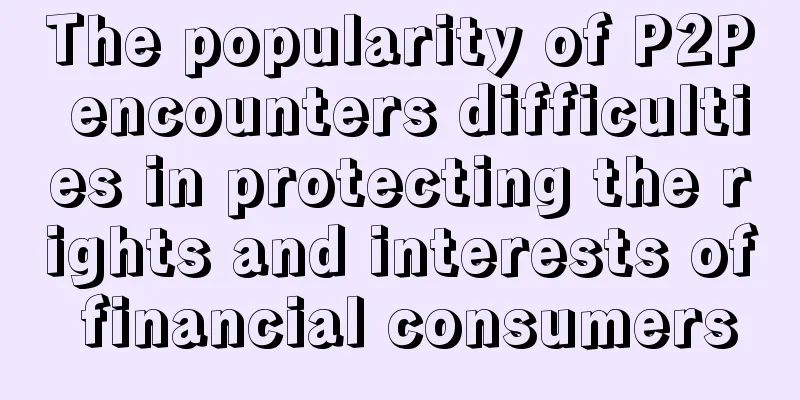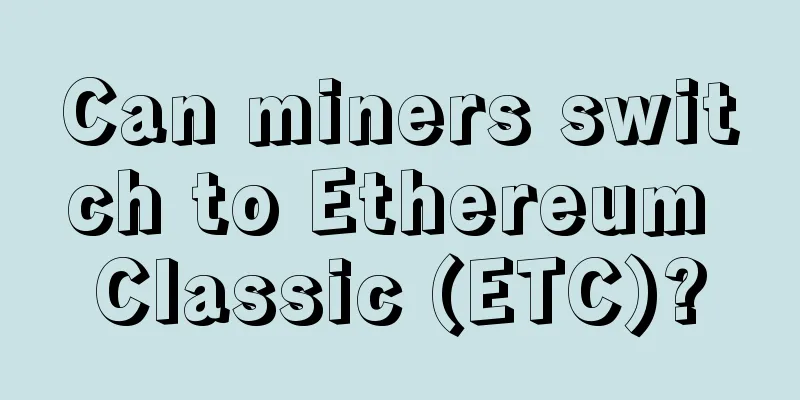Recently, ETH Global and Filecon hosted the Storage Market Summit (SMS). Part of the time was dedicated to discussing the growth and innovation of the Filecoin ecosystem. Here is a review of the key points of the discussion~ Filecoin Network as a Data Sharing Platform The following is a summary of a presentation given at SMS by Michael Zargham, CEO and co-founder of BlockScience. The commons is the institution used to manage a common pool of resources. A commons consists of three main components: the people (participants), the shared resources themselves, and the process of sharing those resources (i.e. governance). A digital commons is a public application involving the distribution and public ownership of information resources and technologies. 1. Viewing the Filecoin network as a digital public resource can help us better understand its functionality and potential, as well as the path for ecosystem growth. 2. Think of Filecoin as a digital commons that allows us to coordinate at scale and jointly provide a set of heterogeneous services. We can build strong relationships across layers to achieve the effect of a powerful Web3-based cloud system that can realize real-world use cases. In the Filecoin digital commons, the main components are: Community: storage nodes, storage clients, researchers, developers, contributors. Shared resources: hardware, software, data. Governance: Economic coordination mechanism, Filecoin Improvement Process (FIP)
Sustainability is fundamental to the health of any digital public. The economic mechanisms contained in the code cannot ever be perfect. Any aspect of the Filecoin system will evolve slowly over time in response to the participants in the system and their demands from the network. Filecoin’s digital economy is turning the so-called “tragedy of the commons” on its head. It becomes a “triumph of the commons.” Participating in the Filecoin network creates value for other participants. New applications building the Filecoin ecosystem can increase the value of other existing applications. This model allows for ideation, discovery, and the freedom of trial and error to build these commons together. Decentralized Data Market Ocean + Filecoin The following is a summary of a presentation given by Ocean Protocol founder Trent McConaghy at SMS. Ocean Protocol’s mission is to open up data access and economics while maintaining privacy. The project’s long-term mission is for self-sovereign data for individuals and groups. Today, the massive data economy (which amounts to $400 billion in Europe alone) has become a “shadow” economy. Controlled by a handful of companies, we have little visibility or transparency into the levers behind the data market. We should move towards an open transparent, permissionless data economy. Complementary tools like Filecoin and Ocean can make a difference by leveraging cryptocurrencies to open up this economy. So what is Ocean ? Ocean has three things: A community and ecosystem of individuals and organizations committed to the mission of an open data economy. A set of tools that serve as public infrastructure for growing and sustaining the ecosystem. A token (OCEAN) with the power to promote and sustain the ecosystem. The Ocean Protocol toolset includes: Data Tokens - Tokenized Access Control Ocean Marketplace - Data Exchange Web Application Deployed to Ethereum mainnet (Autumn 2020) Privacy protection - through "computational data"
Datatokens are ERC-20s that make it easy to publish and consume data services. If you have a 1.0 datatoken, you can access a specific data service. You can take this datatoken structure and build it around DeFi to create a completely complementary marketplace. MetaMask becomes a data wallet. Aragon becomes a dataDAO. DEXs and CEXs become data exchanges. Etherscan becomes a data provenance tool. The Ocean marketplace is a DEX fine-tuned for data. The Ocean marketplace uses a forked Balancer AMM to reduce gas costs. On the marketplace, users can publish, buy, sell, consume, and stake data. The more stake Ocean has on a set of data, the greater the signal of its quality. The Ocean marketplace has been running for 6 weeks and already has 1.3M OCEAN pools, +30k visitors, 164 dataset pools (each its own AMM), and 268 published datasets. With Filecoin, users can leverage Ocean to launch their own Filecoin data marketplace, or create a Filecoin dataDAO or index fund. With Ocean Protocol’s tools and Filecoin’s decentralized storage database, we are witnessing the birth of an open data economy for the first time. Any model discussed is based on many assumptions and should not be taken as a source of truth.
|










